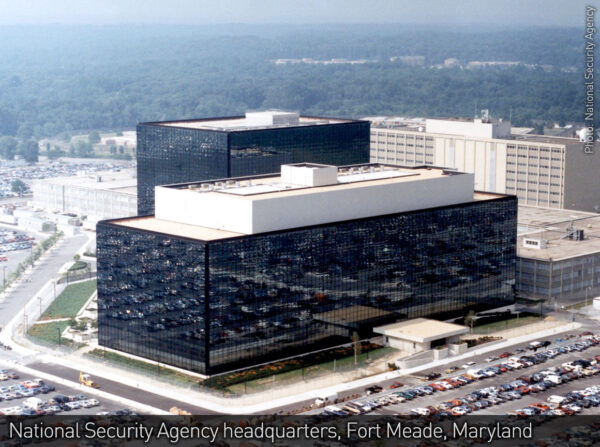ACLU Testifies Before House About Excessive Executive Branch Power And Other Civil Liberties Issues Facing Incoming Congress
Group Urges Renewed Congressional Oversight To Rein In Abuse
FOR IMMEDIATE RELEASE
CONTACT: (202) 675-2312; media@dcaclu.org
WASHINGTON – The American Civil Liberties Union will testify today before a House Judiciary subcommittee that the executive branch of the U.S. government has obtained dangerously broad powers. Laura W. Murphy, Director of the ACLU Washington Legislative Office, will also offer a preview of other big issues likely to be faced by the new Congress involving civil liberties and national security.
"From the Bush administration’s use of warrantless wiretapping to the Obama administration’s targeted killing program, the power claimed by the executive branch has grown exponentially over the last 10 years," said Murphy. "To realign our system of checks and balances, Congress must continue to forcefully reassert its oversight duty to ensure that the executive branch does not continue to expand its powers without regard for Americans’ basic liberties. We should not have to choose between our constitutional rights and our security."
The House Judiciary Subcommittee on the Constitution, Civil Rights and Civil Liberties will hear testimony from Murphy on the expansion of executive branch power and how issues like the Patriot Act, warrantless wiretapping and the misuse of the “state secrets” privilege have altered the country’s system of checks and balances. The hearingis also expected to feature testimony from Thomas R. Pickering, the Undersecretary of State for Political Affairs, Bruce Fein, a former Justice Department official and Jeremy Scahill, author of Blackwater: The Rise of the World's Most Powerful Mercenary Army.
Murphy’s testimony will also cover a proposed new Authorization of Military Force, the renewal of Patriot Act provisions, the upcoming renewal of the FISA Amendments Act (FAA) and the administration’s stated intent to expand the Communications Assistance to Law Enforcement Act (CALEA). The FAA, passed in 2008, gives the executive branch virtually unchecked power to collect Americans' international e-mails and telephone calls in dragnet fashion, without a warrant and without suspicion of wrongdoing, andCALEA compels telecommunications and broadband companies to ensure their services are wiretap-ready.The ACLU is asking that Congress vigorously question each of these proposals and whether its objectives can be accomplished using already existing authority.
"With as much power as we have ceded to the government, the prospect of ceding even more should be questioned by all, whether Democrat or Republican, conservative or liberal," said Murphy in her testimony. "Protecting the Constitution is not a partisan issue."
The ACLU’s testimony can be found here: www.aclu.org/national-security/aclu-testimony-house-judiciary-subcommittee-constiution-civil-rights-and-civil-lib



